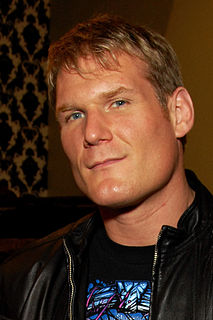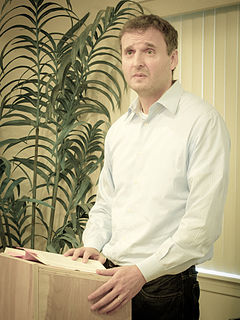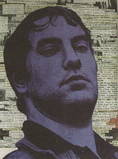A Quote by Ron Carlson
Related Quotes
What I see is trying to make sure that everybody thinks you have more than what you actually have. What’s the point if you actually don’t have it? If you don’t have it, then you don’t have it. Have what you have. Enjoy that . . . The craft is everything. Don’t be afraid of not being the wealthiest person in the room. Be the smartest person in the room. Be the slickest person in the room. Be the most creative person in the room. Be the most entertaining person in the room. Just be in the room.
I can't stand those people, speakers in a room, they say this all the time, "If I can just help one person in this room, I've done my job." You have an audience of 500 people and your standard of success is one person? That's terrible. If you help one person in the room, you're an abject failure. You have to change something.
If you're in the writer's room, in any writer's room in the world, before you pitch a joke or suggest an idea, you first think it's funny and decide to say it out loud. The next step is for the people around you to accept it or reject it, before it ever sees the light of day, on film or in front of an audience.
reading is not a passive act. It's a creative act. It's a relationship between the writer and a person the writer will probably never meet. I think it's very wrong to write in a way that leaves no room for the reader to maneuver. I don't want to get in the way. What I'd really like to do is to perform the Indian Rope Trick - go higher and higher and eventually disappear.







































